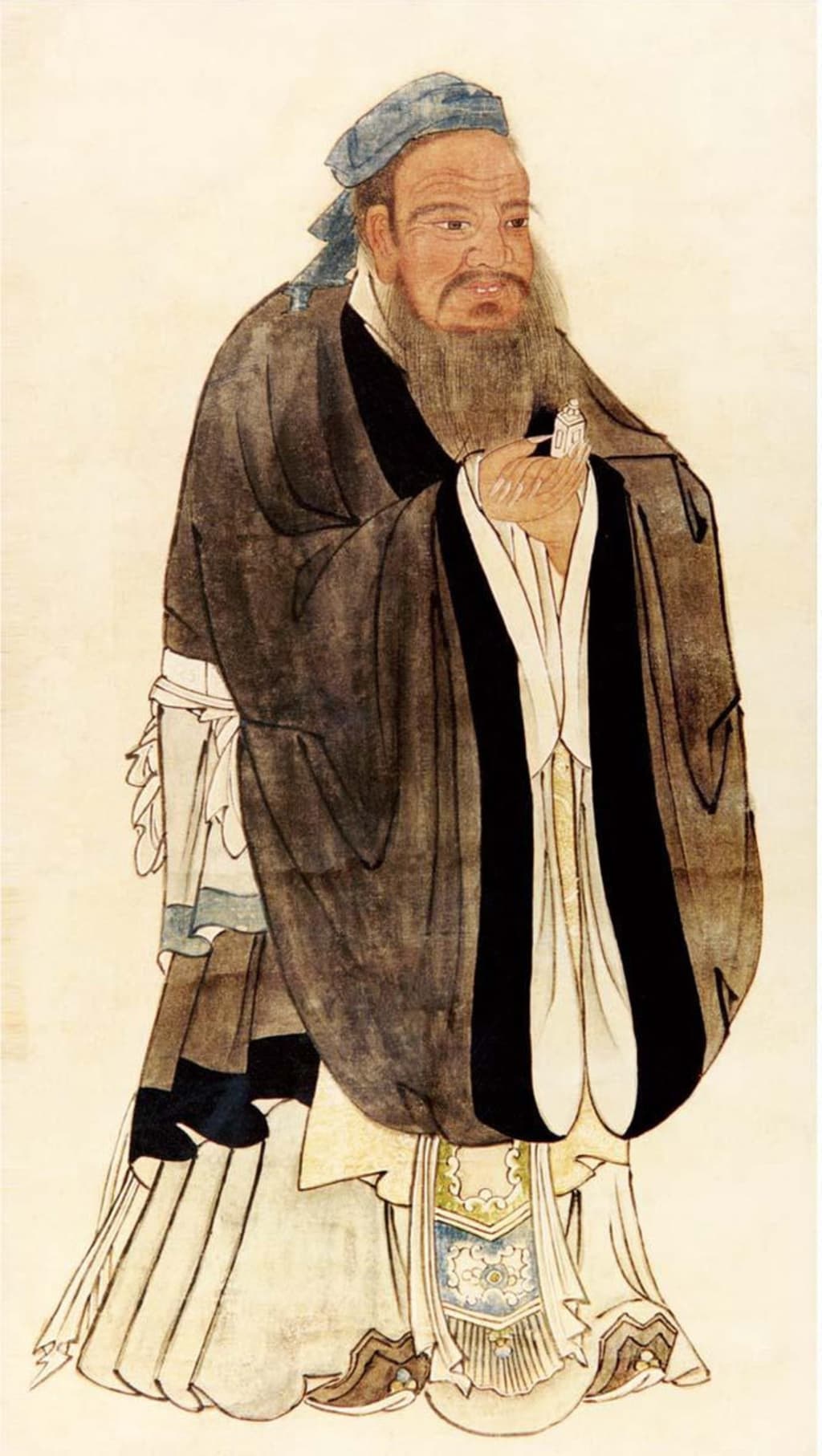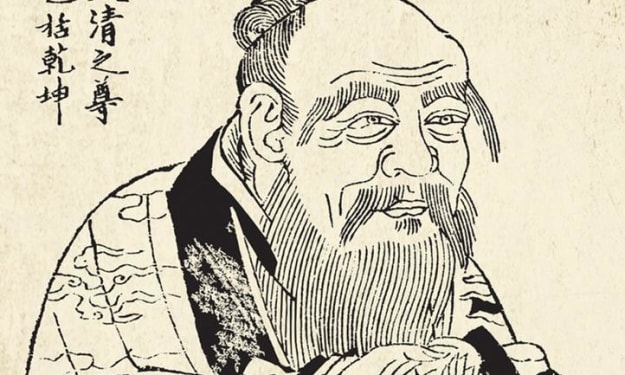己所不欲,勿施于人。
Ancient Chinese quotes

"Do not do to others what you would not want done to yourself."
In the realm of ethical principles, few concepts carry the universal appeal and timeless relevance as the Golden Rule. Derived from the wisdom of Confucius, the quote "己所不欲,勿施于人" encapsulates a profound moral guideline that transcends cultural and religious boundaries. In this article, we will explore the origin, meaning, and the significant implications of this quote, shedding light on its potential to foster empathy, promote harmonious relationships, and serve as a moral compass for individuals in today's world.
Origin and Meaning:
The quote "己所不欲,勿施于人" finds its roots in Confucius' teachings, reflecting his emphasis on ethical conduct and interpersonal harmony. The essence of this quote lies in the principle of reciprocity, advising individuals to refrain from treating others in ways they would find undesirable for themselves. It embodies the fundamental concept of empathy and serves as a guiding principle for moral behavior.
Implications for Individuals:
Cultivating Empathy:
The Golden Rule encourages individuals to step into the shoes of others and consider their perspectives and feelings. By cultivating empathy, we develop a deeper understanding of the impact of our actions on others, fostering compassion and promoting harmonious relationships.
Promoting Ethical Conduct:
The quote serves as a moral compass, guiding individuals to make ethical choices in their interactions with others. It urges us to reflect on our intentions and consider the consequences of our actions, promoting fairness, kindness, and respect.
Building Trust:
Treating others as we wish to be treated cultivates trust in our relationships. When we consistently uphold the Golden Rule, we build a reputation for integrity and reliability, fostering trust and enhancing the quality of our interactions.
Resolving Conflict:
The Golden Rule provides a framework for conflict resolution. By approaching conflicts with empathy and considering the impact of our words and actions, we can find peaceful resolutions and avoid perpetuating cycles of harm.
Challenging Prejudices and Bias:
By applying the Golden Rule, we challenge our own biases and prejudices. It encourages us to treat others with fairness and equality, regardless of their background, beliefs, or social status.
Guiding Ethical Decision-Making:
When faced with complex ethical dilemmas, the Golden Rule offers guidance. By asking ourselves how we would feel if we were in the other person's position, we can make more informed and morally sound choices.
Nurturing a Positive Environment:
Living by the Golden Rule creates a positive ripple effect in our surroundings. When we treat others with kindness, empathy, and respect, we contribute to a more inclusive and harmonious environment.
Self-Reflection and Personal Growth:
The Golden Rule encourages introspection and self-reflection. By examining our own desires, biases, and behavior, we can strive for personal growth, becoming more aware of our impact on others and continuously improving ourselves.
Conclusion:
The quote "己所不欲,勿施于人" serves as a moral compass, reminding us of the power of empathy and the importance of ethical conduct in our interactions with others. It challenges us to consider the consequences of our actions and promotes harmonious relationships built on trust and respect. By embracing the Golden Rule, we can contribute to a more compassionate and inclusive society, where empathy and kindness prevail. Let us strive to live by this timeless wisdom and make the world a better place, one compassionate act at a time.
The significance of the Golden Rule extends beyond individual interactions; it has the potential to shape entire communities and societies. When individuals collectively uphold this principle, it lays the foundation for a more just and empathetic world.
The Golden Rule reminds us that our actions have consequences, not only for ourselves but also for the well-being of others. It challenges us to consider the broader impact of our choices and to strive for a society that values fairness, equality, and compassion.
Moreover, the Golden Rule serves as a reminder that moral principles should transcend personal interests and extend to all human beings. It prompts us to look beyond our immediate circle of family and friends and to consider the well-being of strangers, marginalized groups, and future generations.
In a world often characterized by division and conflict, the Golden Rule provides a unifying principle that can bridge differences and foster understanding. It encourages us to treat others with the same dignity and respect that we desire for ourselves, regardless of our dissimilarities.
The Golden Rule's enduring relevance is evident in its presence across diverse cultures and religions. It serves as a common thread that unites humanity in a shared commitment to kindness, empathy, and ethical behavior.
In conclusion, the Golden Rule, rooted in the wisdom of "己所不欲,勿施于人," resonates with individuals seeking guidance in their moral choices and interactions with others. By embracing this principle, we have the power to create a more compassionate and harmonious world, one where empathy, understanding, and mutual respect flourish. Let us remember the profound impact of our actions and strive to live by the Golden Rule, ensuring that our words and deeds reflect the values we hold dear.
About the Creator
Ancient Chinese quotes
Share the wisdom and inspiration of ancient Chinese celebrities, and strive to inherit the essence of Chinese culture. I believe that the wisdom of ancient Chinese celebrities will become valuable wealth.





Comments
There are no comments for this story
Be the first to respond and start the conversation.